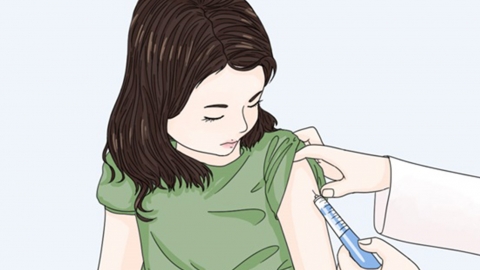How often should the hepatitis B vaccine be administered?
Generally, the frequency of hepatitis B vaccination should be determined based on population type and antibody levels. Healthy individuals typically follow a three-dose vaccination schedule for their initial vaccination. Those with insufficient antibodies may require a booster dose or revaccination. If concerned, it is recommended to seek medical consultation in advance. Detailed explanation is as follows:

Healthy individuals receiving their initial hepatitis B vaccination should follow a 0-, 1-, and 6-month schedule. This means the second dose is administered one month after the first dose, and the third dose is given five months after the second dose. Effective protective antibodies can be generated after completing the full vaccination course. Newborns, children, and adults who have never been infected with hepatitis B and test negative for antibodies should follow this schedule.
If antibody titers are found to be less than 10mIU/ml after vaccination, a single booster dose should be administered promptly. If no antibodies are detected, the full vaccination series should be repeated following the 0-, 1-, and 6-month schedule. Additionally, individuals with weakened immune systems or those in high-risk groups should periodically check their antibody levels and receive timely booster doses if declining antibody levels are detected, to maintain protective immunity.
Before receiving the hepatitis B vaccine, testing for the five hepatitis B markers is necessary to determine personal infection status and antibody levels. After vaccination, individuals should remain on-site for 30 minutes of observation and may leave only if no adverse reactions occur. If discomfort such as redness, swelling, or fever occurs after vaccination, prompt medical attention should be sought, and self-medication should be avoided.







